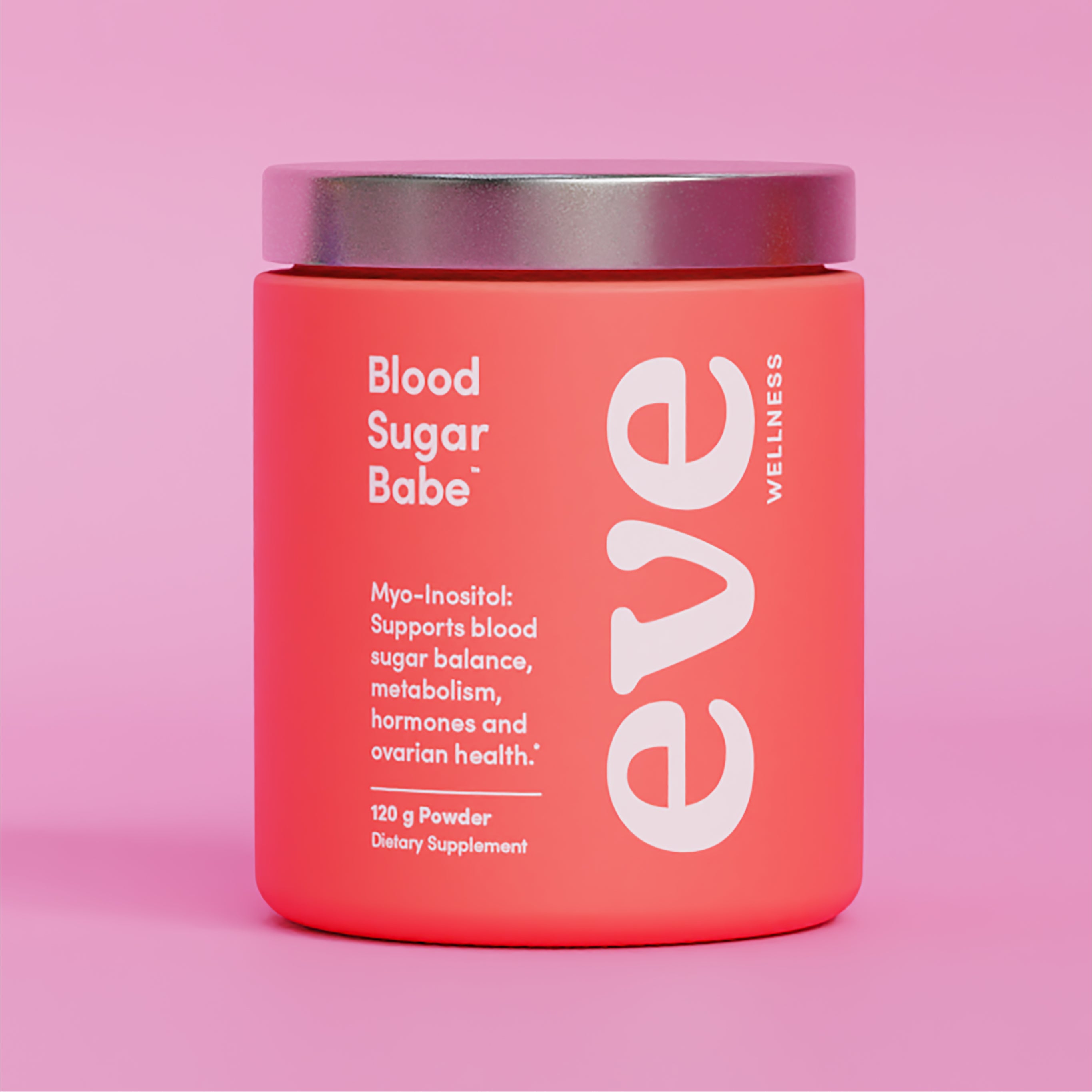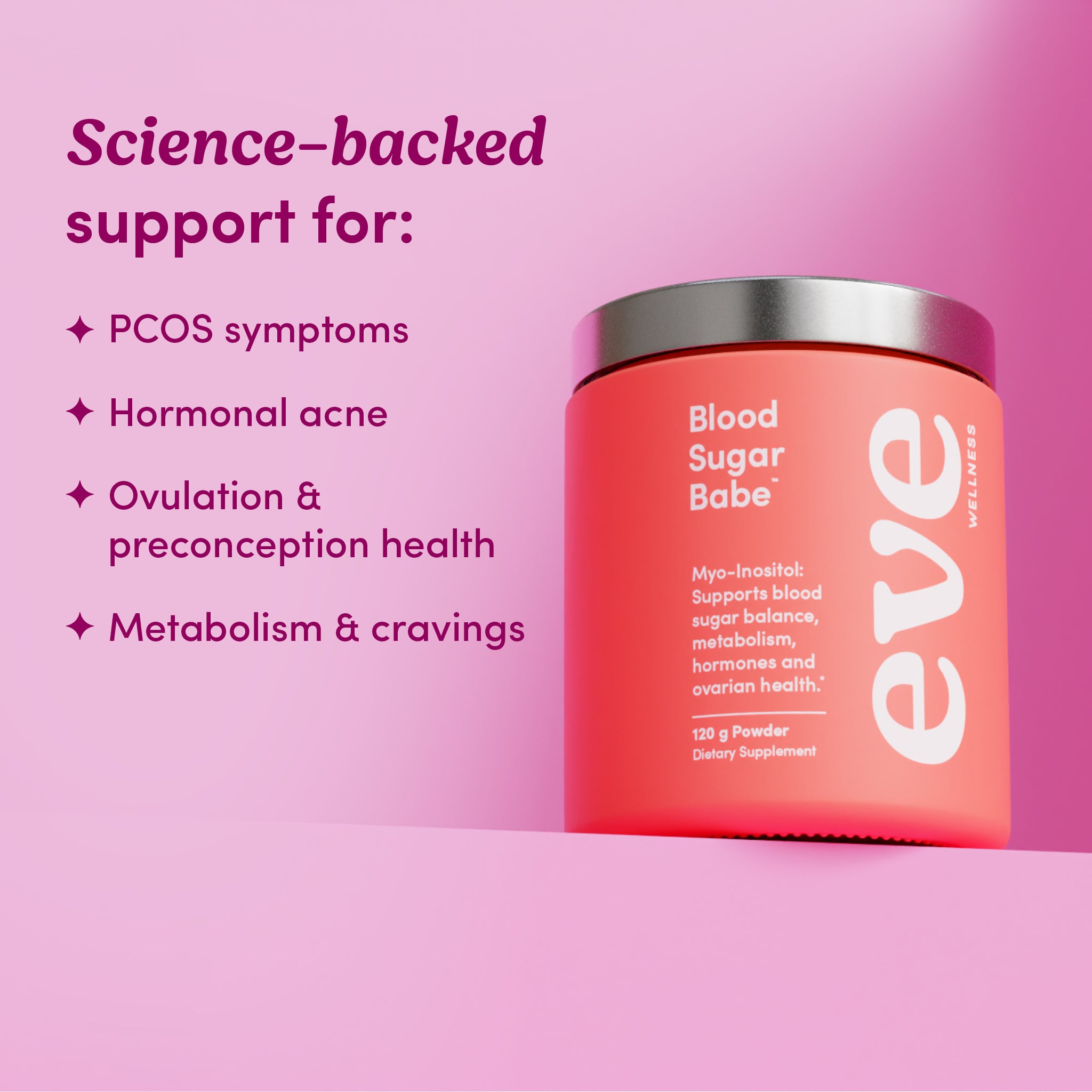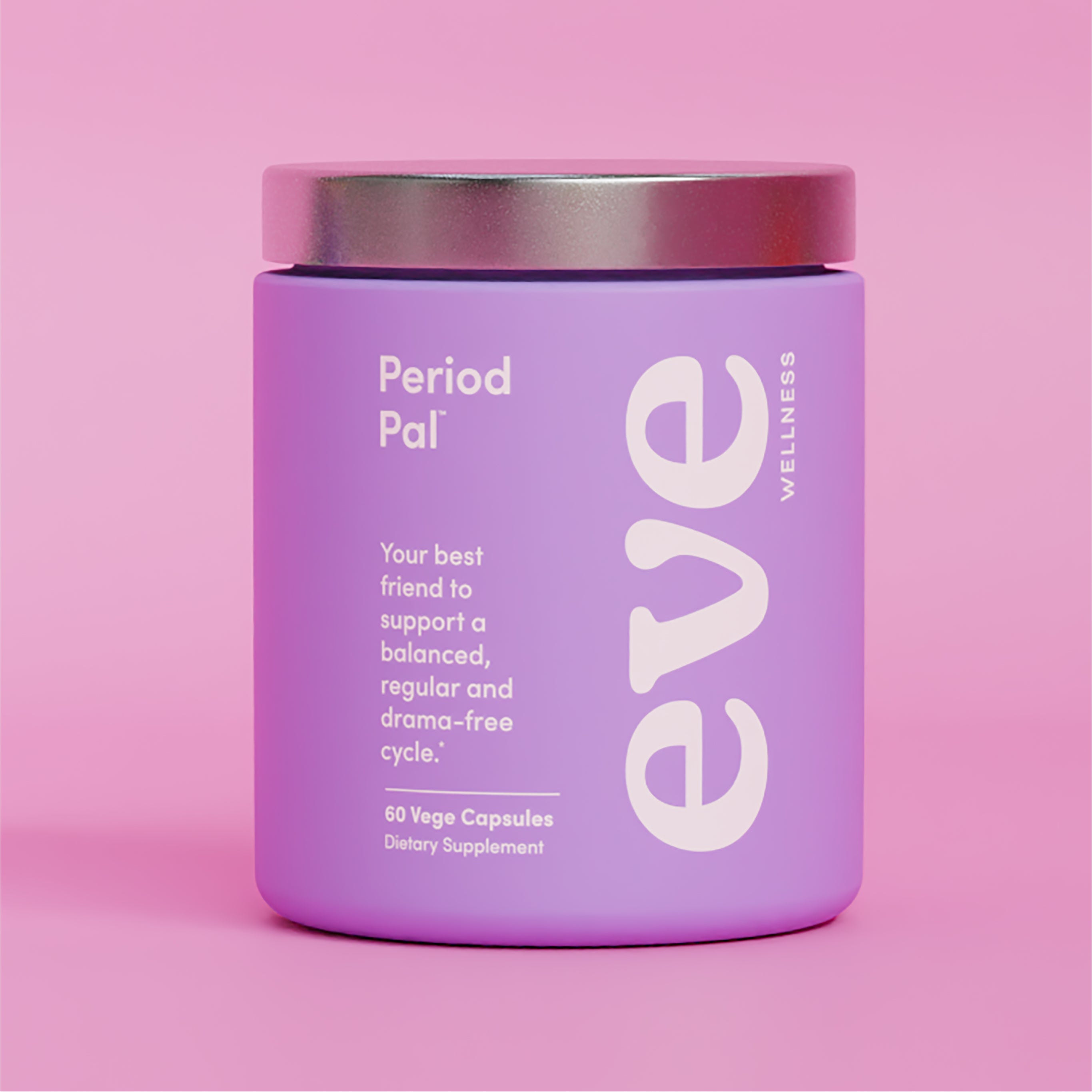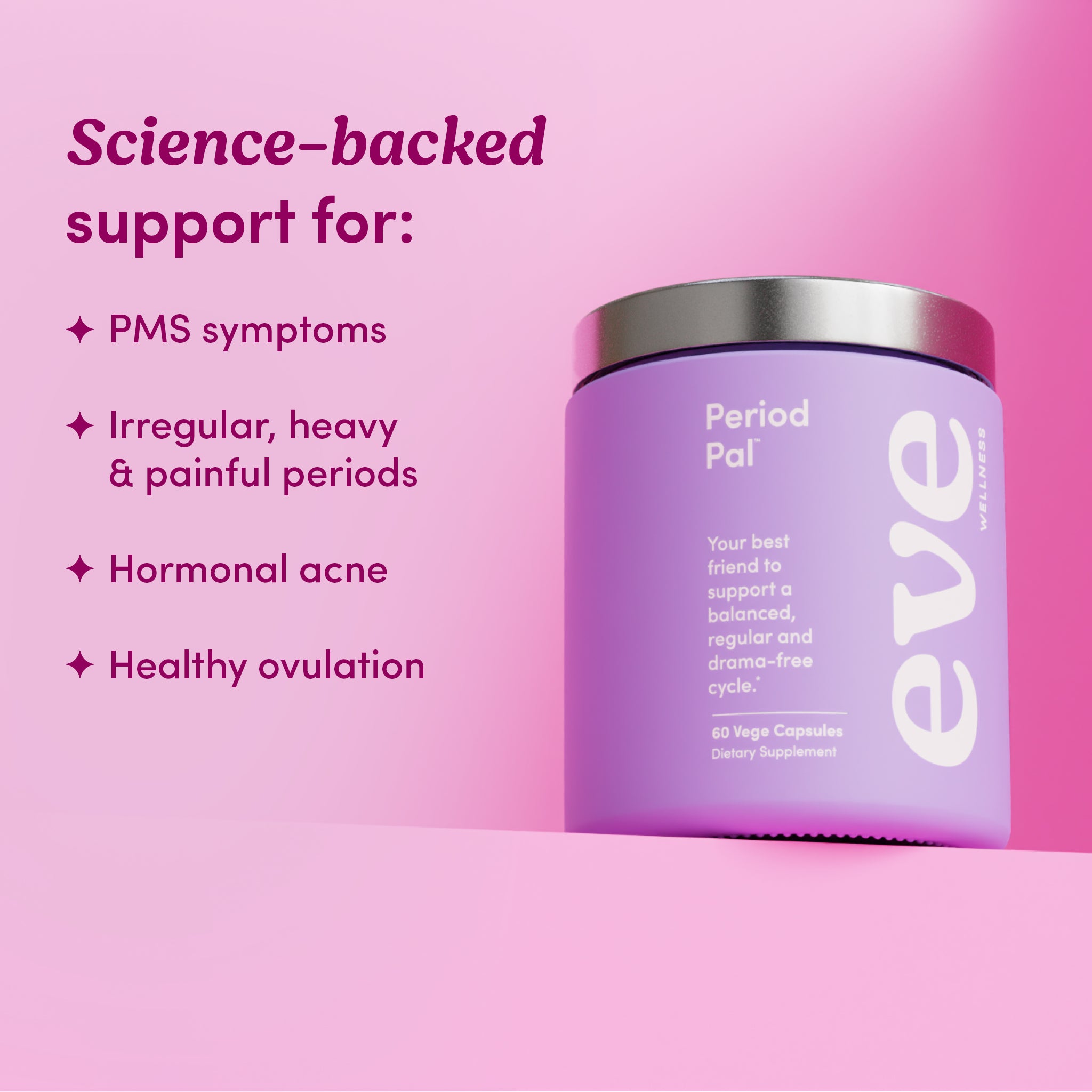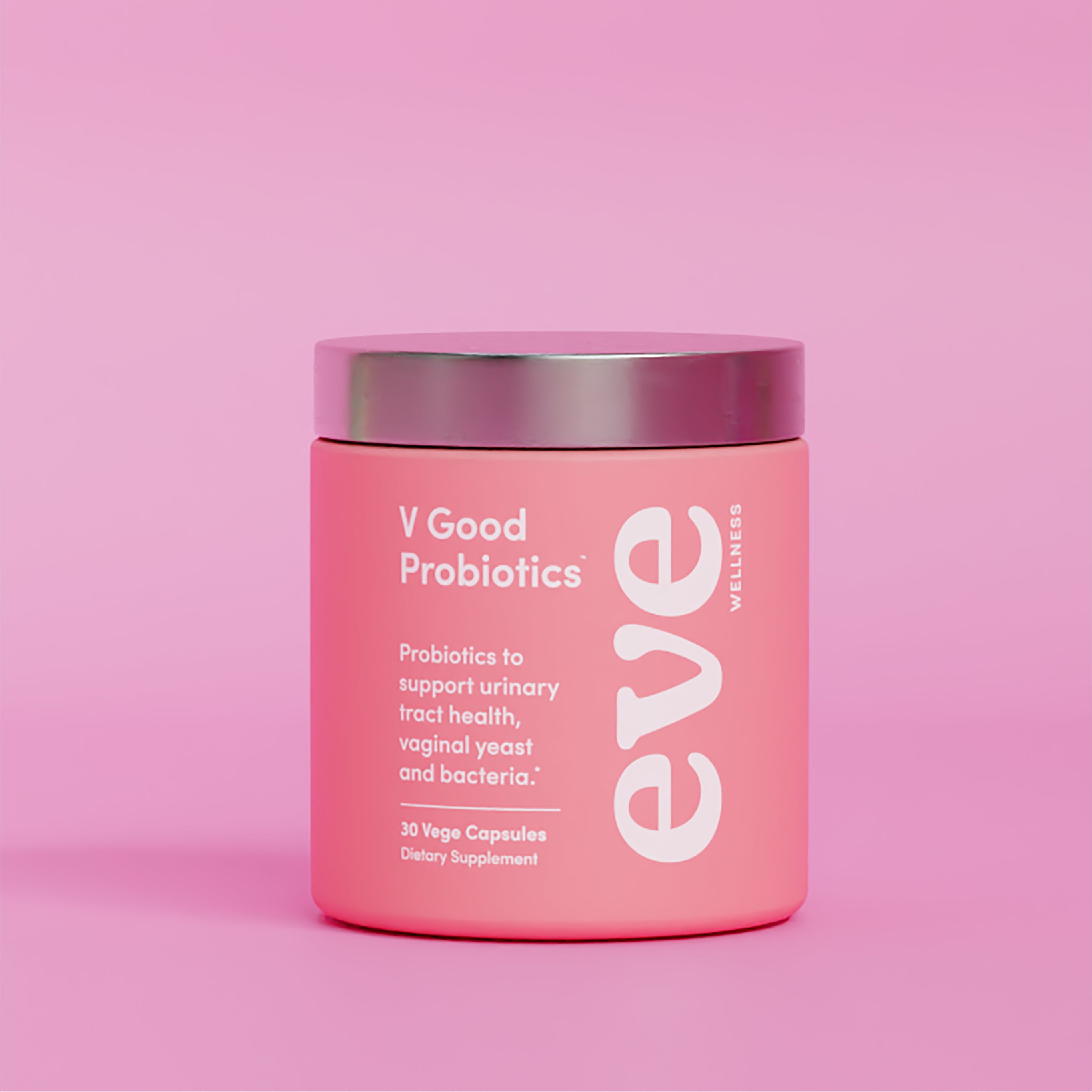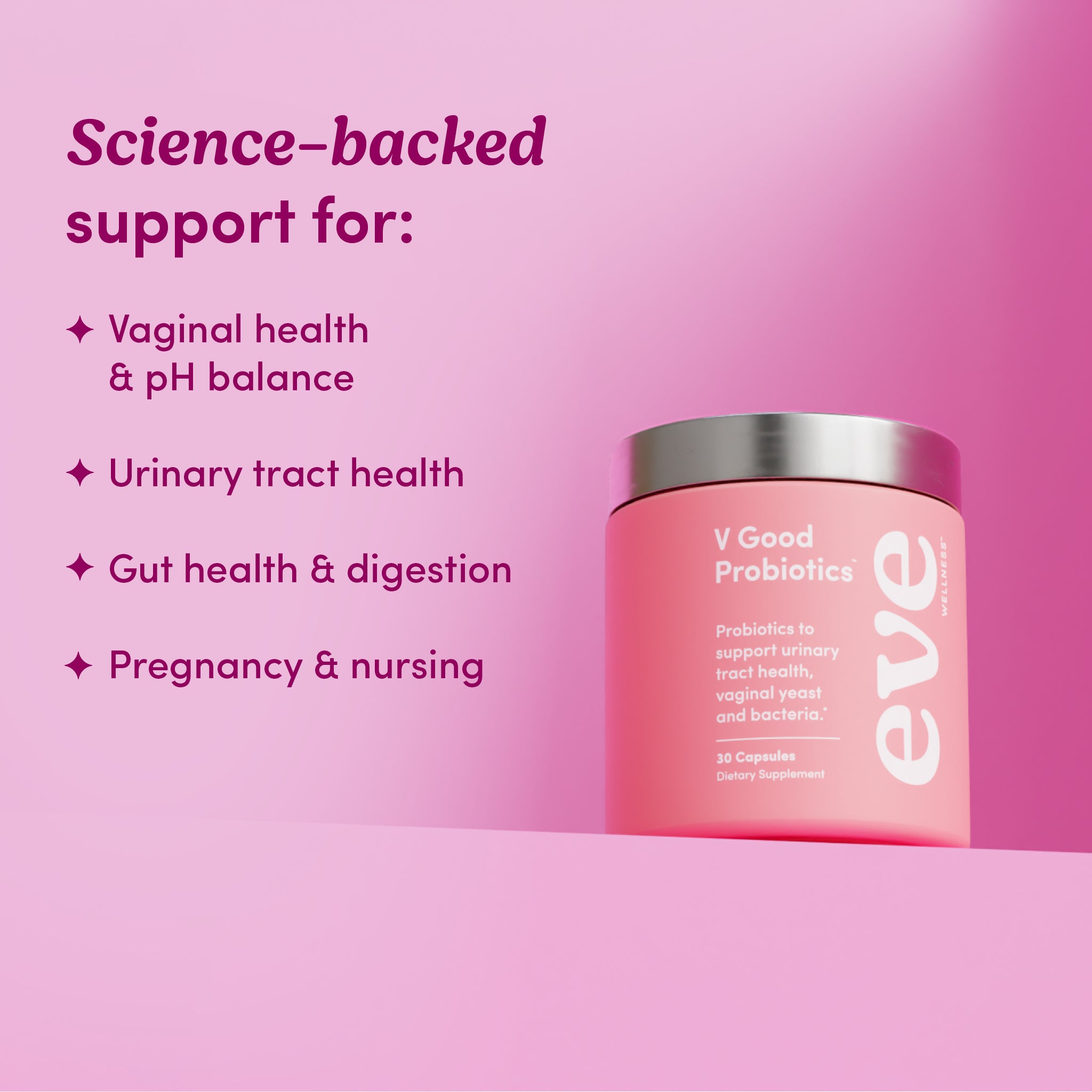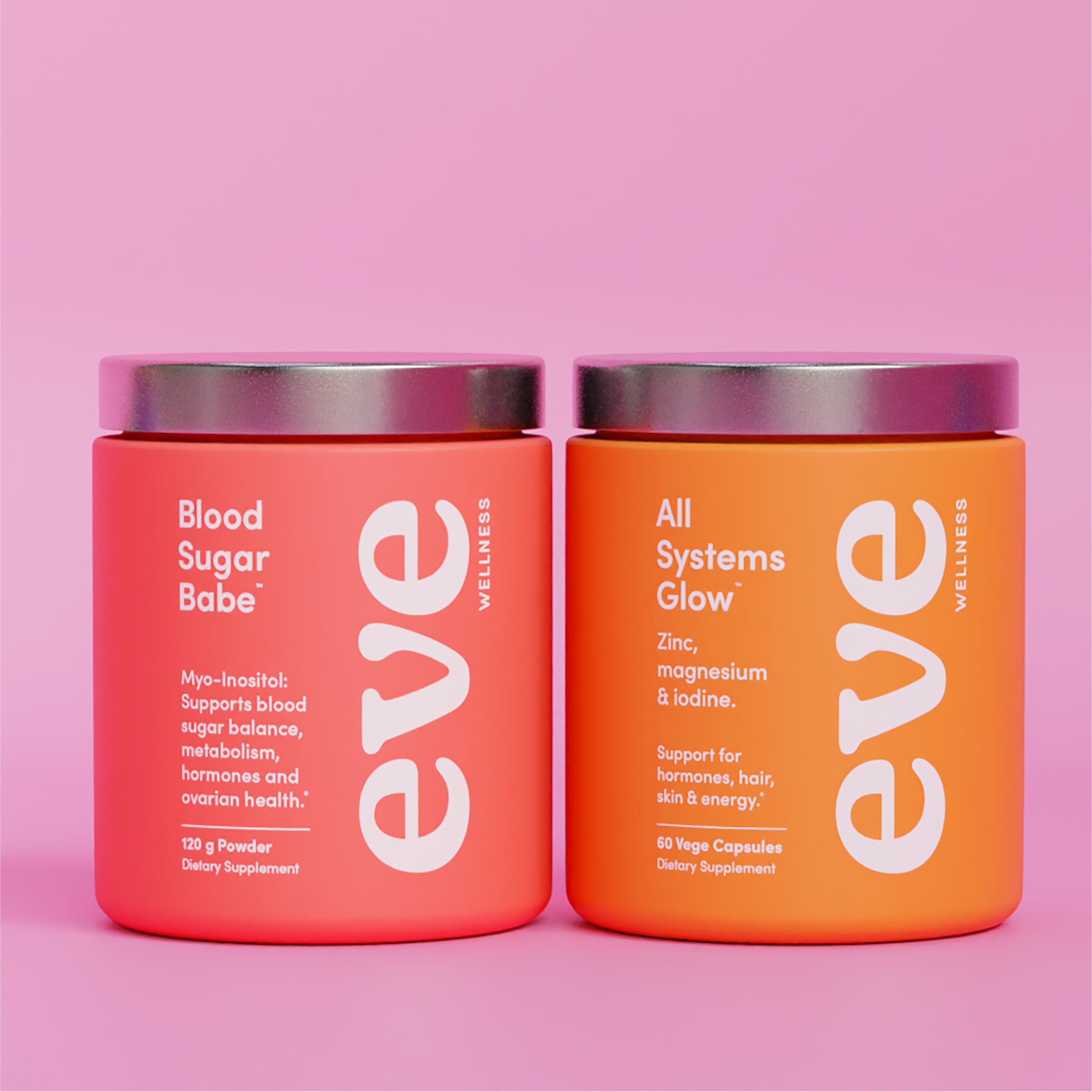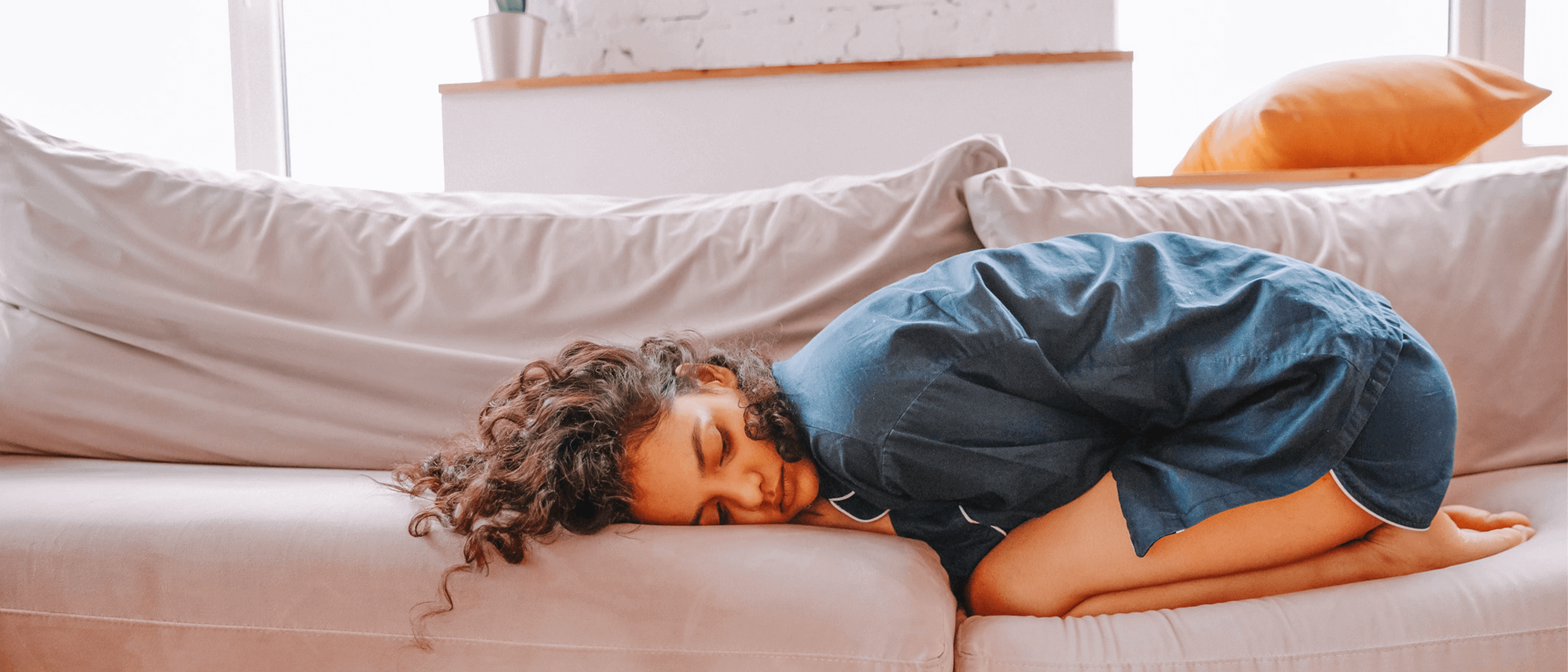Despite roughly 1 in 10 women in New Zealand experiencing Endometriosis, there is a general lack of awareness around the condition due to a level of shame around the symptoms which are often shrugged off as ‘just bad periods.’
This month is Endometriosis Awareness Month, and we believe we all have a part to play in learning about this hugely important topic. The more we know about Endometriosis, the better we can support ourselves, our friends, sisters, daughters and partners in recognising and seeking help for this often confusing and frustrating condition.
Here’s what you need to know about Endometriosis and how you can support it.
WHAT IS ENDOMETRIOSIS?
Endometriosis (Endo) isn’t just painful periods, it’s actually a whole-body inflammatory disease where the endometrium—or tissue similar to the tissue that lines the uterus—grows outside of the uterus, in places where it is not meant to be.
This tissue is most commonly found in the pelvic region, and often on the pelvic ligaments, ovaries and bowel, which can lead to severe pain, inflammation and other signs of distress in affected areas.
WHAT ARE THE SIGNS TO WATCH OUT FOR?
The main sign of Endo is period pain and cramping in your pelvic region, either cyclical—during your period and sometimes ovulation—or fairly constant.
It’s generally the kind of pelvic or abdominal pain where panadol doesn’t touch the sides and going about your day as usual is off the cards.
While pain is the main symptom of Endometriosis, it’s not the only symptom. Other signs of Endo can include:
- Pain in other places such as the lower back
- Bleeding between periods
- Heavy bleeding during your period
- Frequent digestive upset, including constipation, diarrhoea, bloating, or gas
- Pain with sex
- Recurring bladder problems
- Pain with urination and bowel movements
- Difficulty falling pregnant
- Fatigue
HOW IS ENDOMETRIOSIS DIAGNOSED?
Frustratingly, it is often a long road for women to get diagnosed with Endometriosis. Statistics suggest that there is often a delay of 8-10 years between presenting with unusual pain and being formally diagnosed with Endo.
At this stage, the only to definitively diagnose Endometriosis is through laparoscopic (keyhole) surgery, where tissue is removed from affected areas and sent away to the lab for confirmation. As well as *finally* giving you a clear cut answer, this surgery can also help to reduce pain and allow for helpful measures such as the hormonal IUD if this is a good option for you (more on how this works soon).
SUPPORTING ENDOMETRIOSIS
Unfortunately, there is no ‘quick fix’ treatment for Endo, but it is a condition that can be managed and supported with a mix of conventional medicine and holistic diet and lifestyle tweaks.
To support your body with Endometriosis, try to:
- Manage your stress levels as much as possible - through techniques such as deep belly breathing practice, meditation, doing things you love, prioritising relationships and being mindful of where you put your energy.
- Eat plenty of anti-inflammatory foods - such as salmon, olive oil, nuts, seeds, turmeric and leafy greens to support inflammation in the body.
- Minimise your intake of inflammatory food and drinks - for most people, these are alcohol, caffeine, gluten, processed grains, refined sugar and sometimes dairy products.
- Work with a Gynaecologist that understands that Endo is a long term journey. The Endometriosis NZ website has some gynaecologists in their special interest group that may be worth exploring. The Mirena is often a helpful form of contraception as it can help to keep the lining thin, and is generally more gentle on blood sugar balance and gut microbiome than the oral contraceptive pill.
- Find out what’s going on with your hormones, and work to keep them balanced as much as possible. Like normal endometrial tissue, endometriosis is sensitive to oestrogen in the body. Balancing your oestrogen levels in relation to other hormones, and supporting your oestrogen metabolism can help to reduce the symptoms of Endo.
- Try a good quality magnesium supplement for its many benefits, the most relevant for Endo being pain management, blood sugar balance and stress management.
- Focus on your gut health - recent research suggests a clear link between the gut, uterus and vaginal microbiome and Endometriosis. Working with a functional health practitioner to support the balance of your microbiome can help to manage the condition.
WHAT NEXT?
Severe period pain, diarrhoea, and painful sex - while not always easy to talk about, should never be suffered in silence. Don’t ever feel ashamed of discussing these, and other signs of Endo, with a trusted health professional.
If you suspect that you may have Endo, try to be proactive. Keep a diary of symptoms, pain management and how it has disrupted your work or studies; take a support person with you to GP appointments, ask outright if it could be Endometriosis, and ask for a second or even third opinion if you know deep down things aren’t right.
You know your body better than anyone else does, remember that.
If you would like to learn more about Endometriosis, head to https://nzendo.org.nz/ for trusted, practical information.
